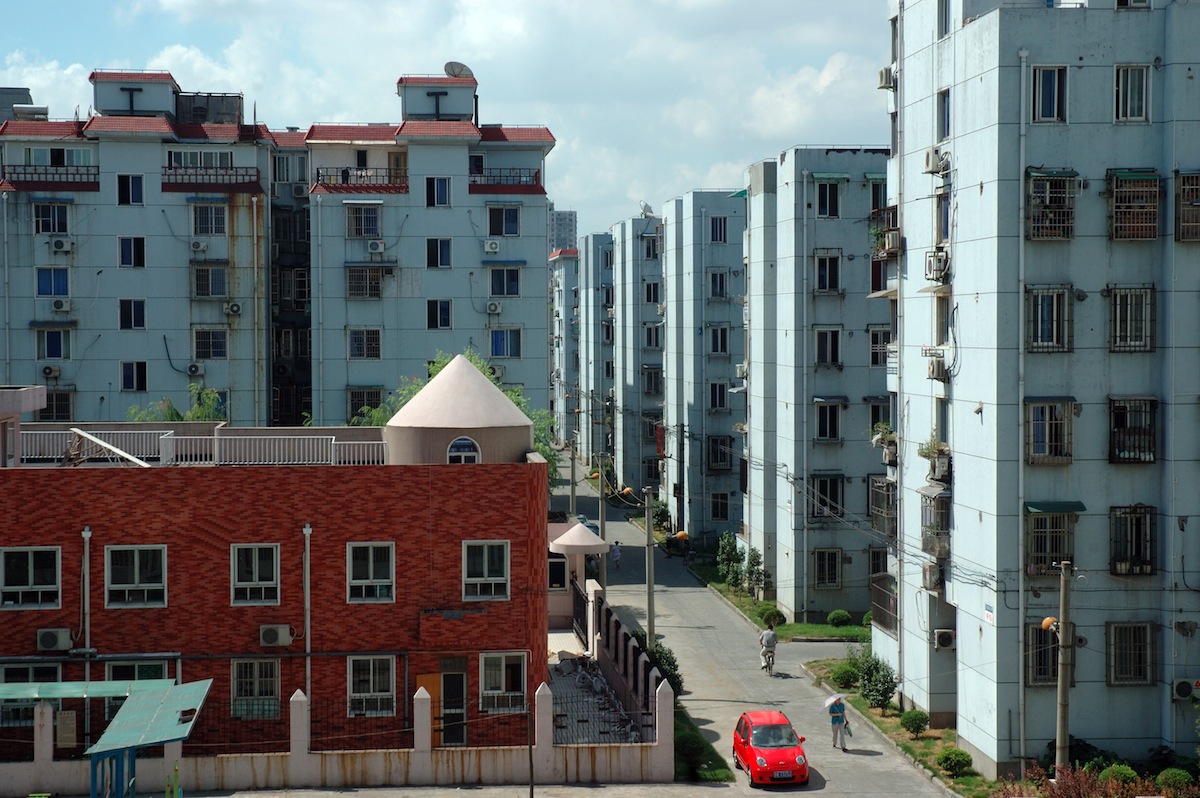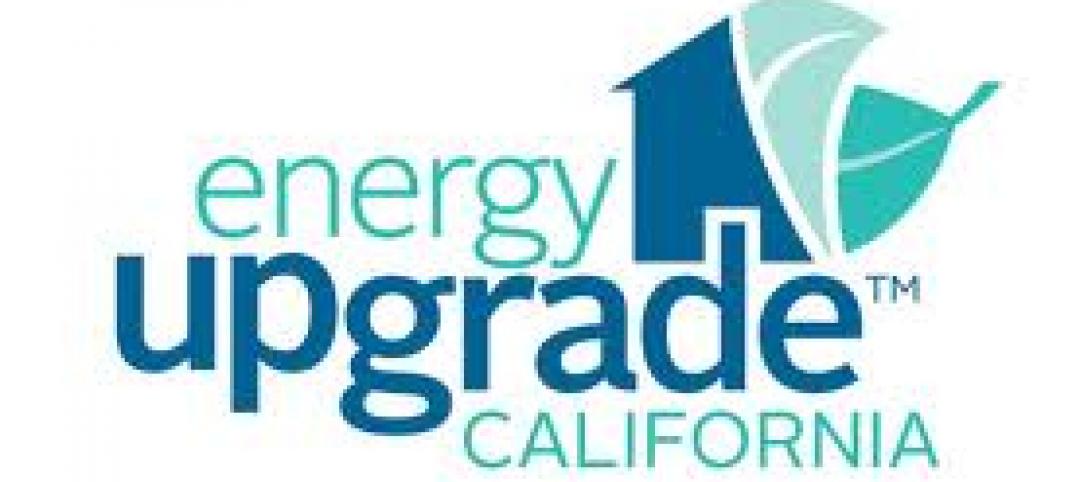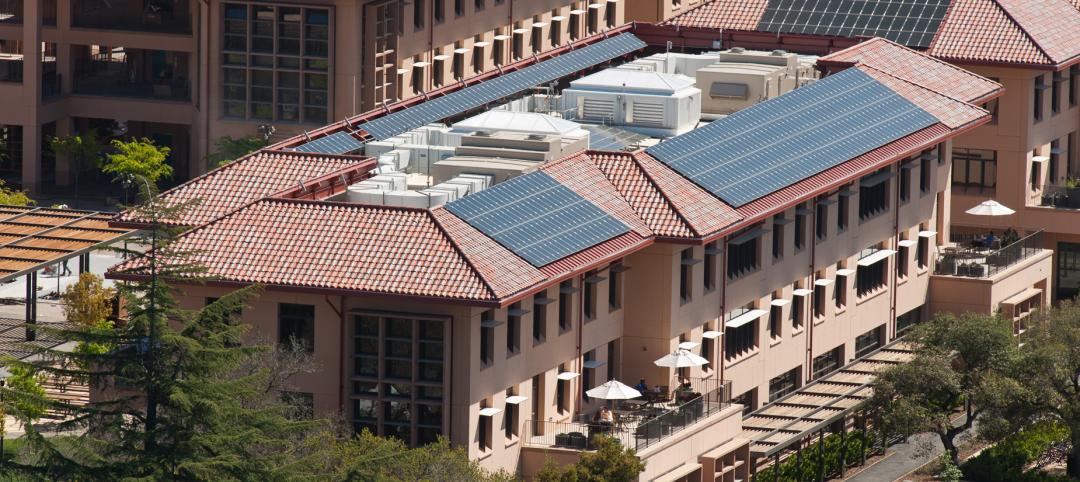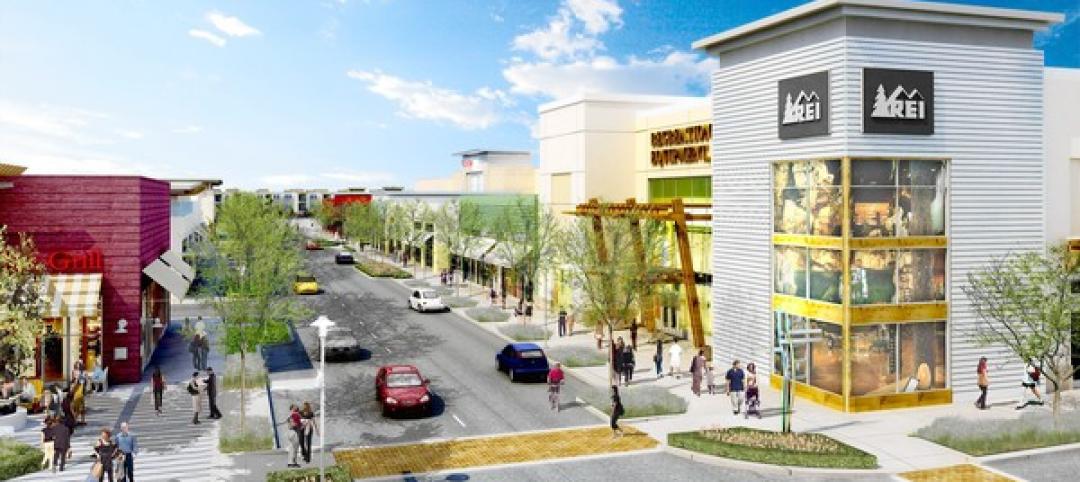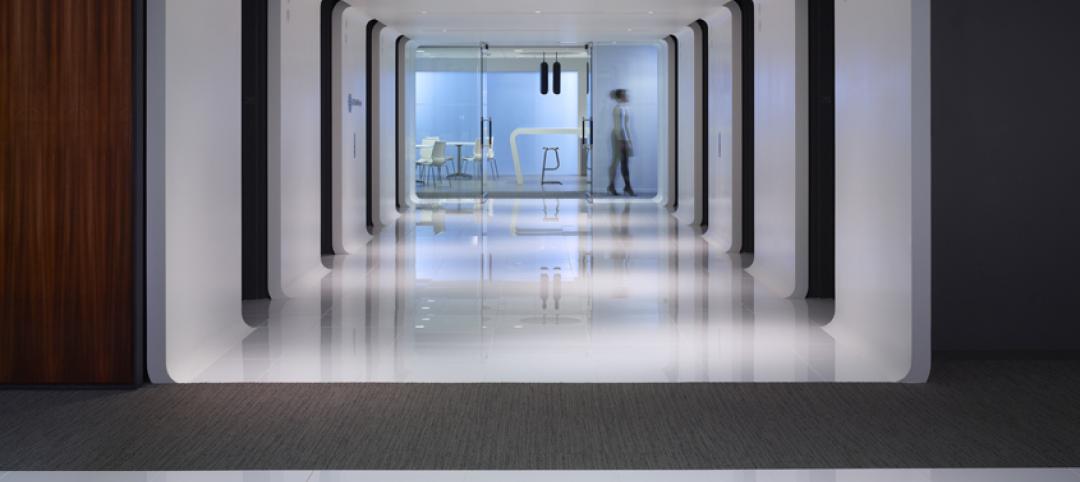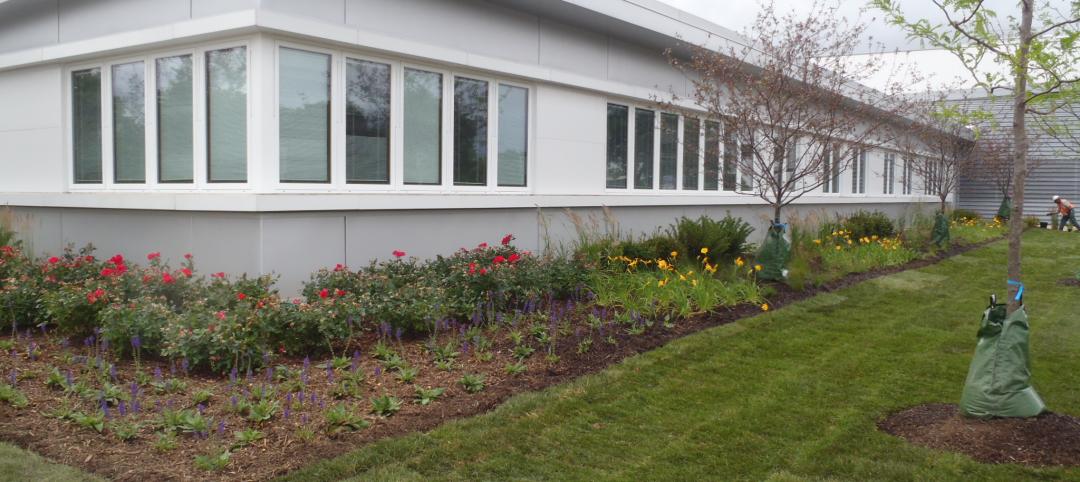The Green Building Certification Institute (GBCI) and the International WELL Building Institute (IWBI) formally introduced the WELL Building Standard in China. WELL is a system that focuses on human health and wellbeing in the built environment.
WELL, which complements green building rating programs such as LEED, Three Star, and BREEAM, has come forward at a time of increased environmental awareness among the Chinese people who are looking for solutions to improve quality of life.
“Our world today is confronting massive health challenges that are assaulting our complete physical, mental, and social wellbeing,” said Rick Fedrizzi, CEO & founding chair, U.S. Green Building Council. “As these challenges continue to mount, all of us have an obligation to be more purposeful when addressing how human health relates to our built environment. The WELL certification program is a powerful way to accelerate better, healthier buildings throughout China.”
The WELL Building Standard is a performance-based system for measuring, certifying and monitoring features that impact human health and wellbeing, through air, water, nourishment, light, fitness, comfort, and mind.
Grounded in a body of medical research that explores the connection between the buildings where we spend more than 90% of our time and the health and wellness of the people in them, WELL certification allows building owners and employers to know their space is designed to promote health and wellbeing and is performing as intended.
“We think there is a great market opportunity in China for companies to be at the forefront of healthy building practices,” said Paul Scialla, founder of the International WELL Building Institute. “We are excited by the strong interest and demand we have already received from companies and projects that are interested in WELL certification and merging together best practices in environmental and human sustainability.”
GBCI, as the official certifying body of both WELL and LEED, will successfully integrate the certification and credentialing processes of both systems to help project teams efficiently deliver on both their environmental and human health goals.
WELL can be applied across all building types and version 1.0 of WELL is currently optimized for commercial and institutional projects. For more information about the WELL Building Standard, visitwellcertified.com. For more information about GBCI, visit gbci.org.
Related Stories
| Mar 26, 2012
Jones Lang LaSalle completes construction of $536M Parkview Regional Medical Center
Hospital ushers in new era of local access to advanced medical treatments in Northeast Indiana.
| Mar 26, 2012
Los Angeles County to host free green building training
Opportunity for residential and commercial building professionals to gain insight on state and county green building standards and regulations.
| Mar 20, 2012
Stanford’s Knight Management Center Awarded LEED Platinum
The 360,000-sf facility underscores what is taught in many of the school’s electives such as Environmental Entrepreneurship and Environmental Science for Managers and Policy Makers, as well as in core classes covering sustainability across the functions of business.
| Mar 20, 2012
New office designs at San Diego’s Sunroad Corporate Center
Traditional office space being transformed into a modern work environment, complete with private offices, high-tech conference rooms, a break room, and an art gallery, as well as standard facilities and amenities.
| Mar 19, 2012
HKS Selected for Baylor Medical Center at Waxahachie
Baylor Medical Center at Waxahachiewill incorporate advanced technology including telemedicine, digital imaging, remote patient monitoring, electronic medical records and computer patient records.
| Mar 16, 2012
Work on Oxnard, Calif. shopping center resumes after a three-year hiatus
Stalled since 2009, developers of the Collection at RiverPark decided to restart construction on the outdoor mall.
| Mar 16, 2012
Stego embarks on HPD Pilot Program
Vapor barrier manufacturer strives to provide better green choices to designers and builders.
| Mar 12, 2012
Improving the performance of existing commercial buildings: the chemistry of sustainable construction
Retrofitting our existing commercial buildings is one of the key steps to overcoming the economic and environmental challenges we face.
| Mar 6, 2012
Gensler and Skender complete new corporate headquarters for JMC Steel in Chicago
Construction was completed by Skender in just 12 weeks.
| Mar 6, 2012
Joliet Junior College achieves LEED Gold
With construction managed by Gilbane Building Company, Joliet Junior College’s Facility Services Building combines high-performance technologies with sustainable materials to meet aggressive energy efficiency goals.


